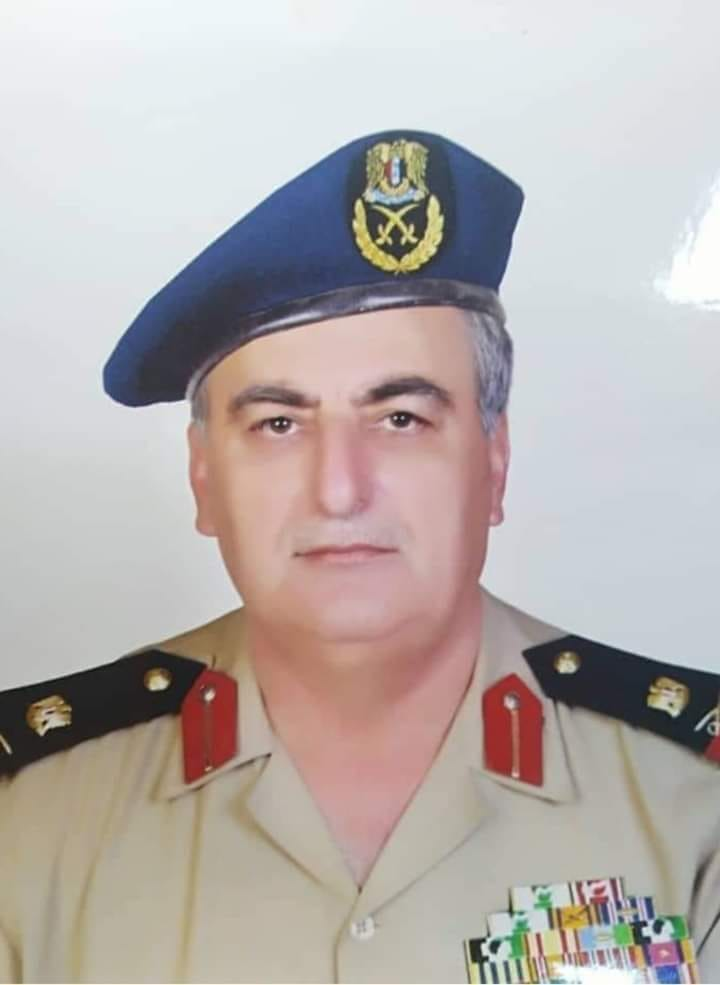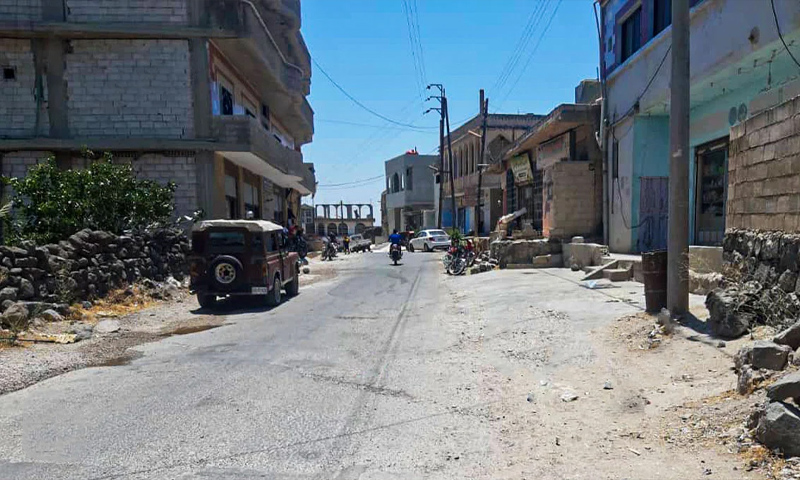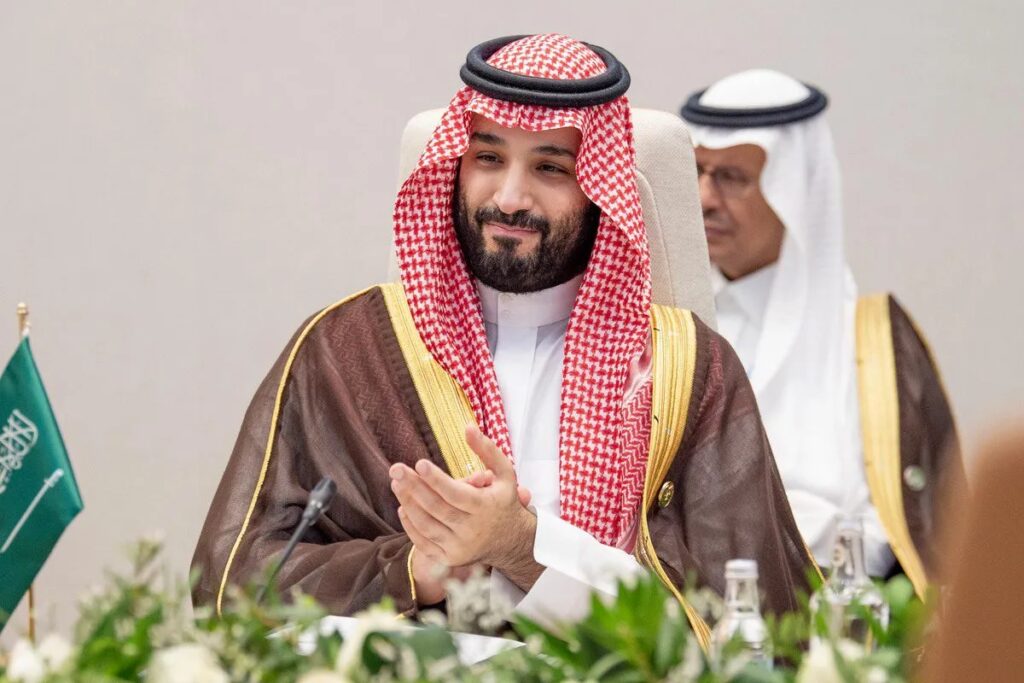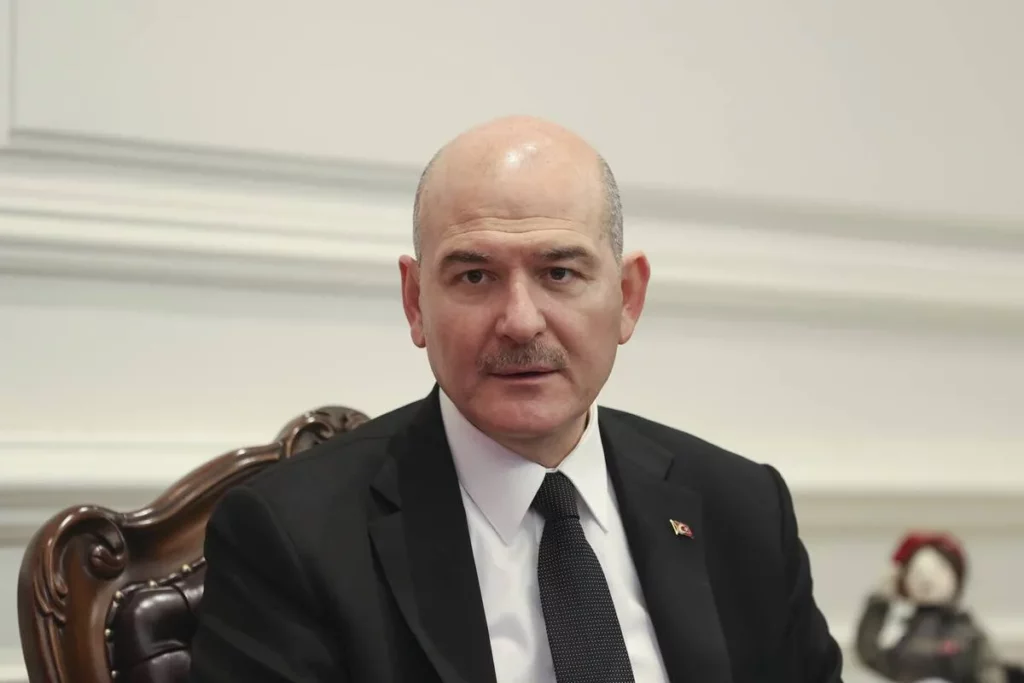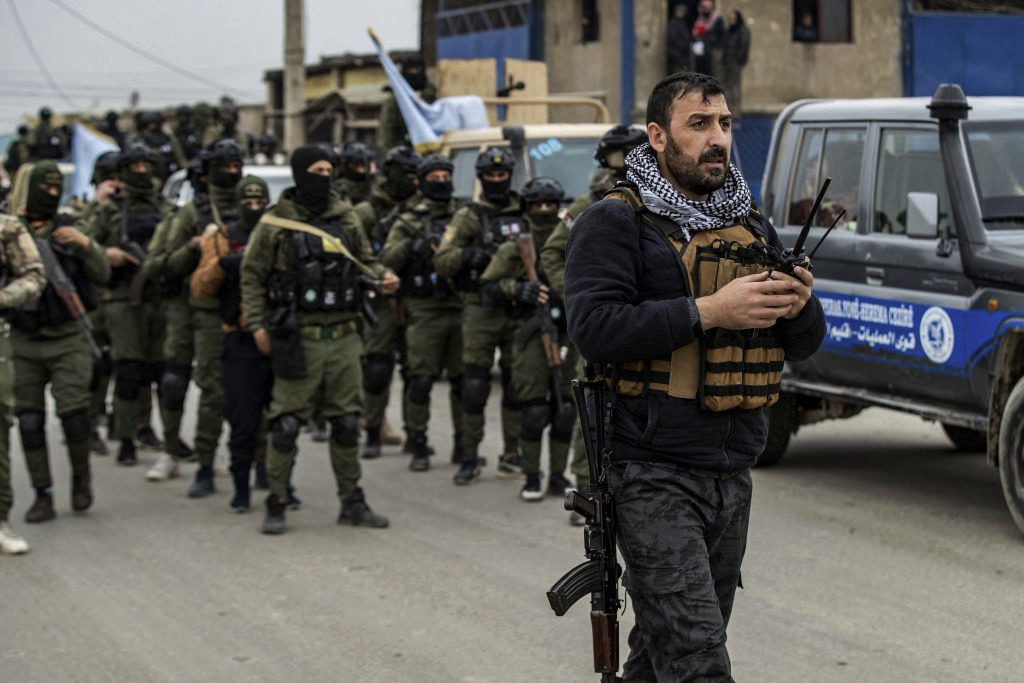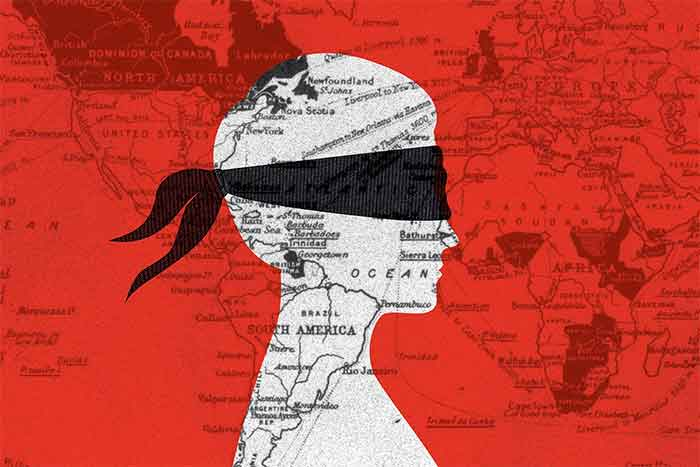Why the Reactionary US Policy in Africa is a Mistake
The December 2022 African Leaders Summit in Washington, which brought together leaders and senior officials from 49 African states, and CEOs and leaders of over 300 private American and African companies to discuss US-Africa relations and to catalyze investment into critical sectors was supposed to be a turning point for the US policy in the continent. Indeed, consequent statements from the White House indicated a shift away from the traditional security-oriented approach to the 54 African states, and a refocus on a more cooperative approach, as well as a comprehensive policy on anti-corruption measures, democracy building, strengthening of the civil society, and economic development. Indeed, the Biden administration, unveiling a new policy, promised engagement with the various African state, rather than a limited focus on a few select partnerships, and seemed interested in diplomatic, political, and investment-based focus on a range of topics from peacebuilding to health to education. Indeed, on the surface, some of the dynamic leading up to these promised changes appeared to be positive. The appointment of the Special Envoy for the Horn of Africa showed apparent interest in mediating prolonged conflicts, playing a role in addressing or preventing refugee crises, and otherwise delving into the strategic issues proliferating in the region. President Biden announced an Africa tour scheduled for later in 2023.
